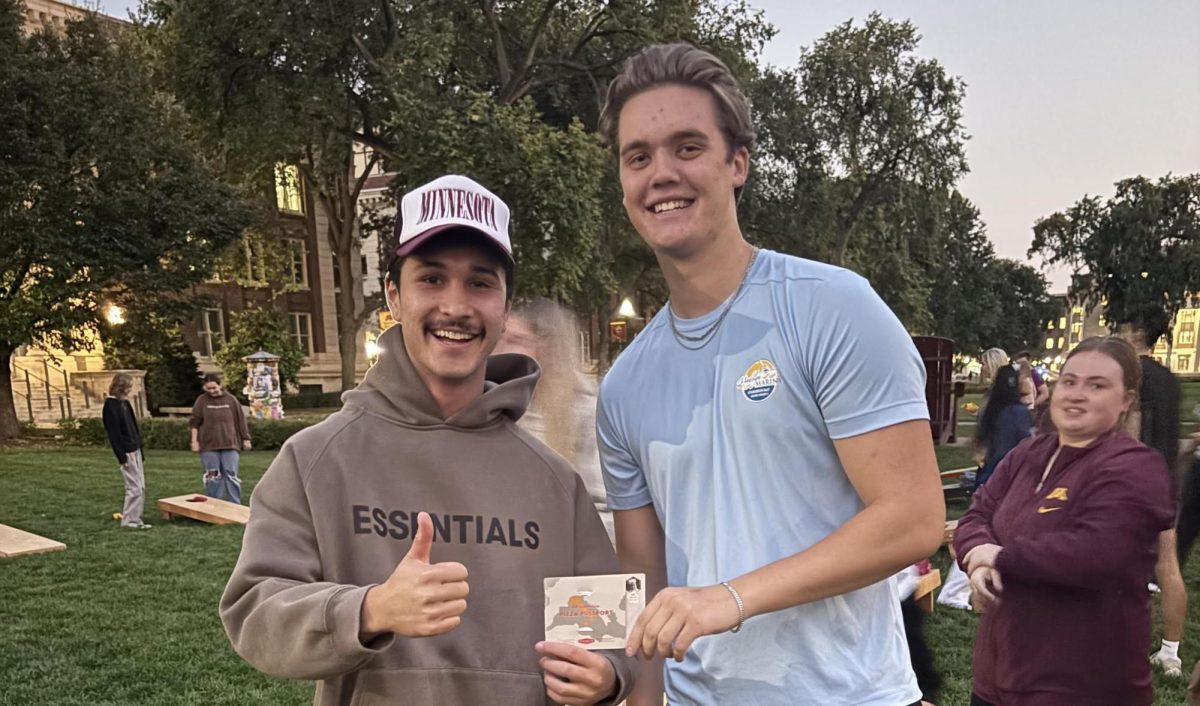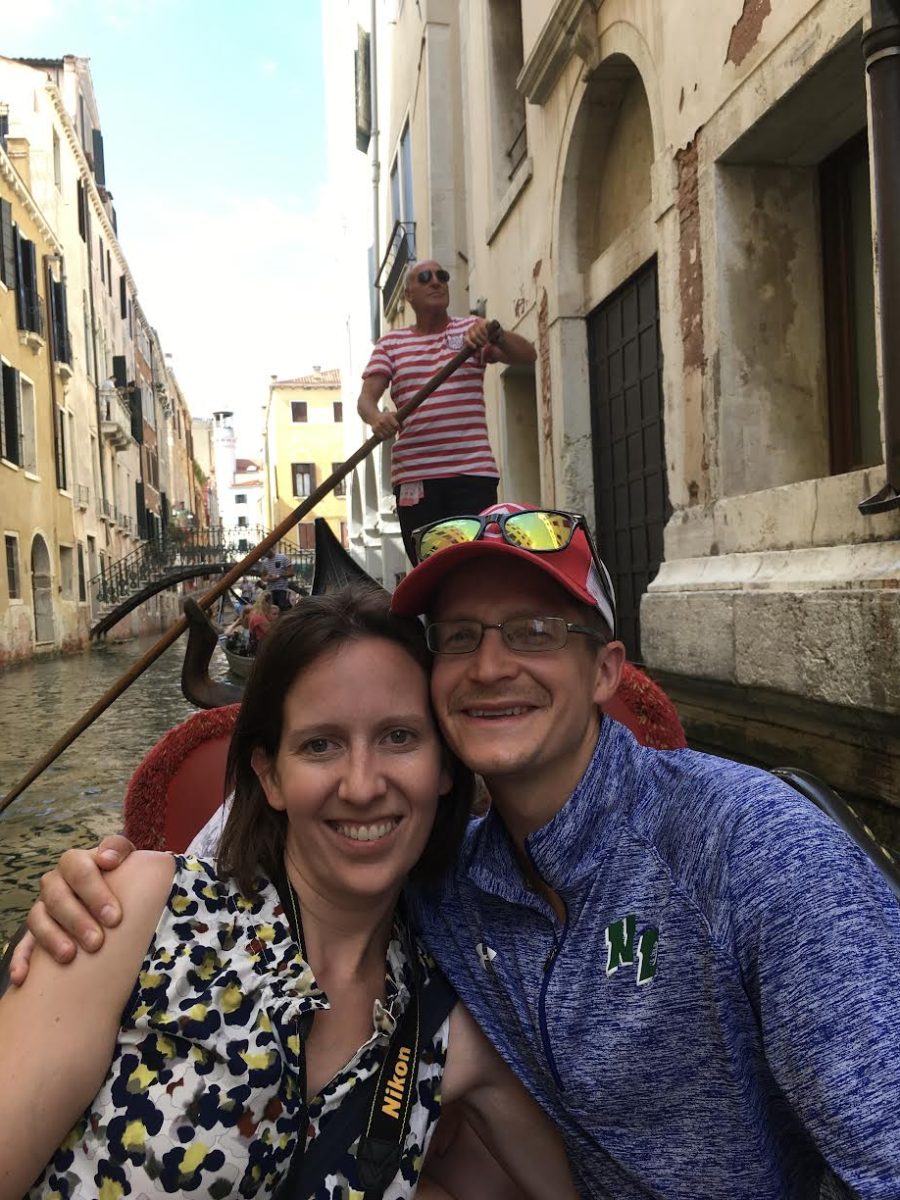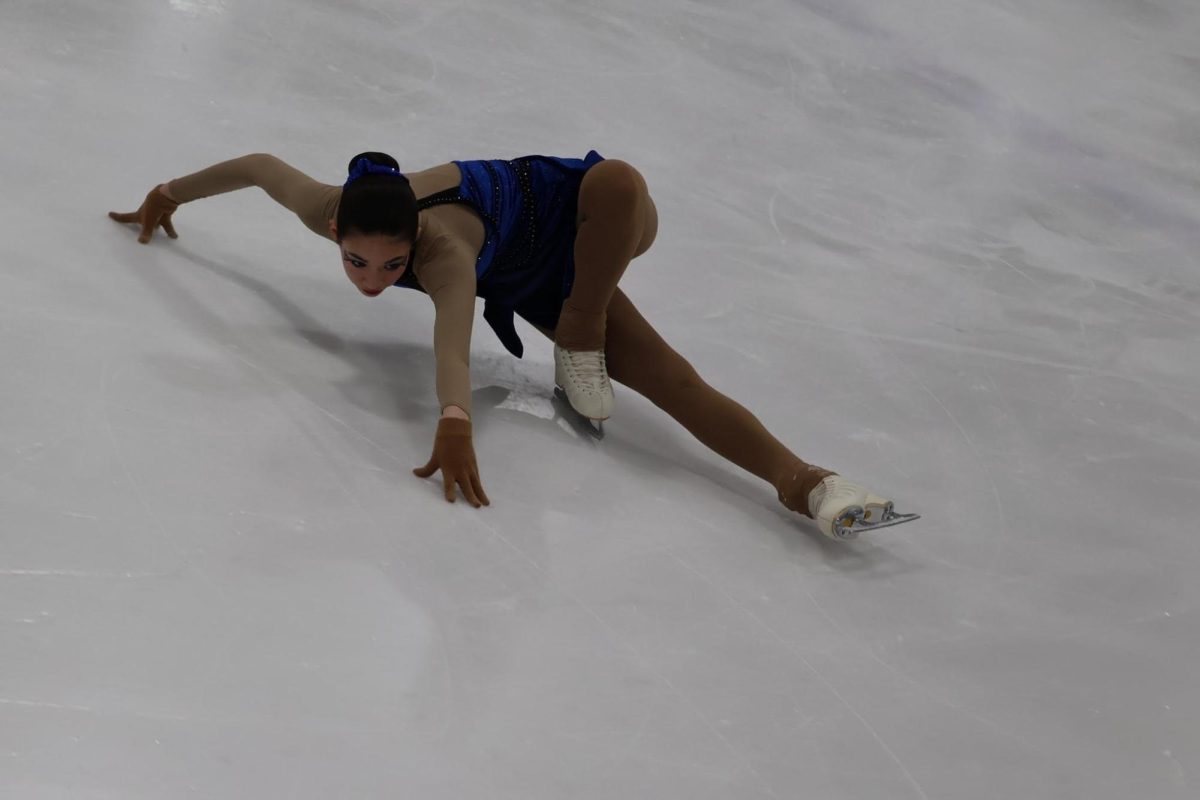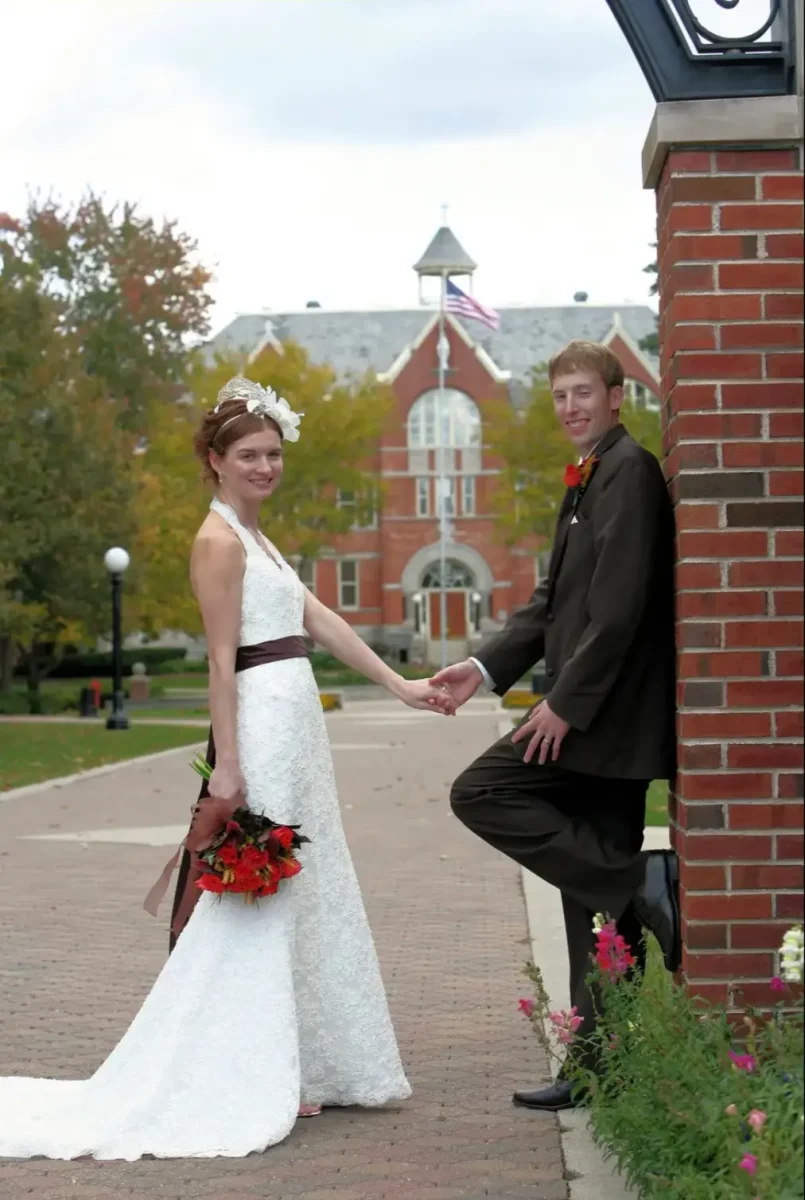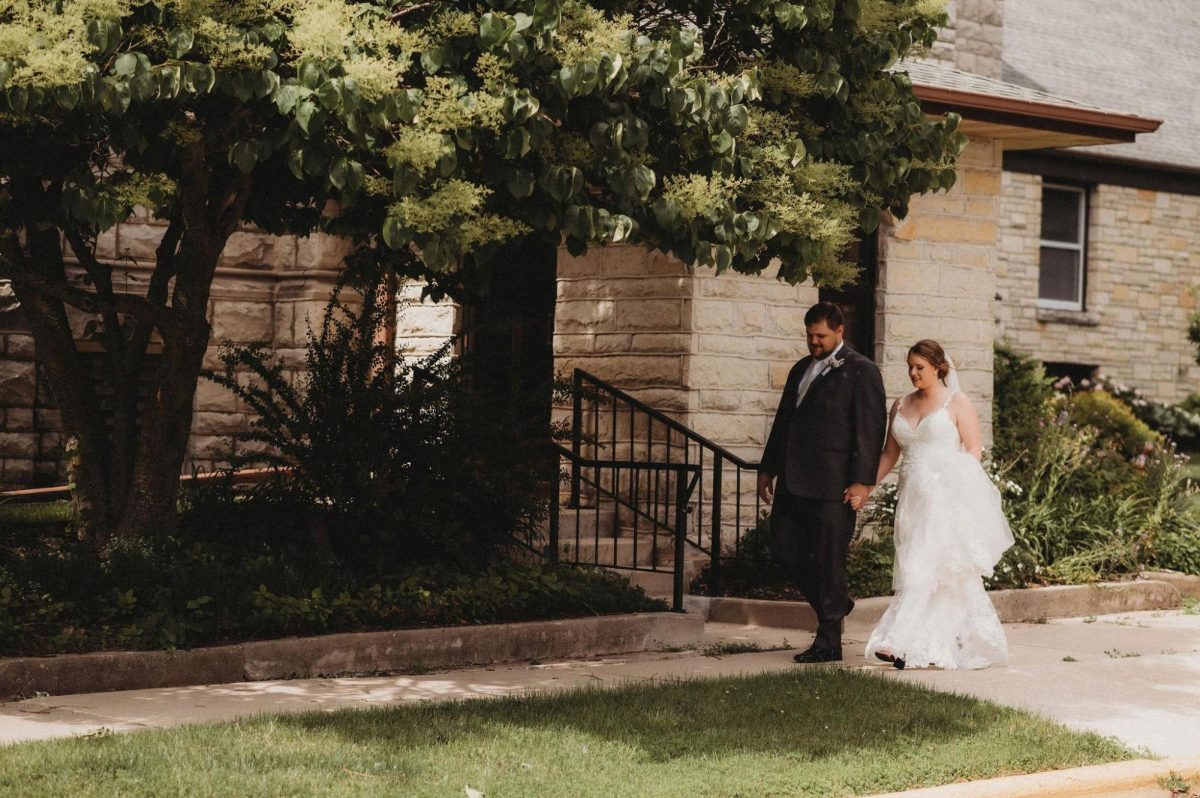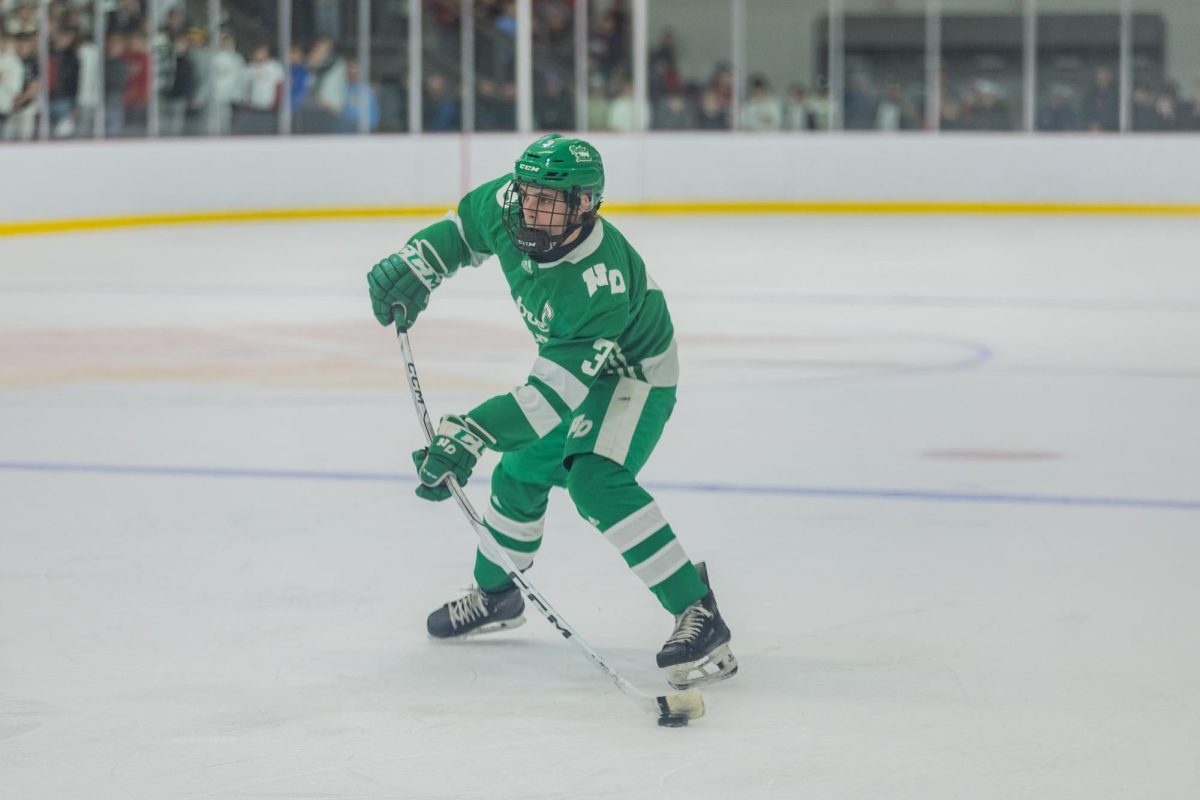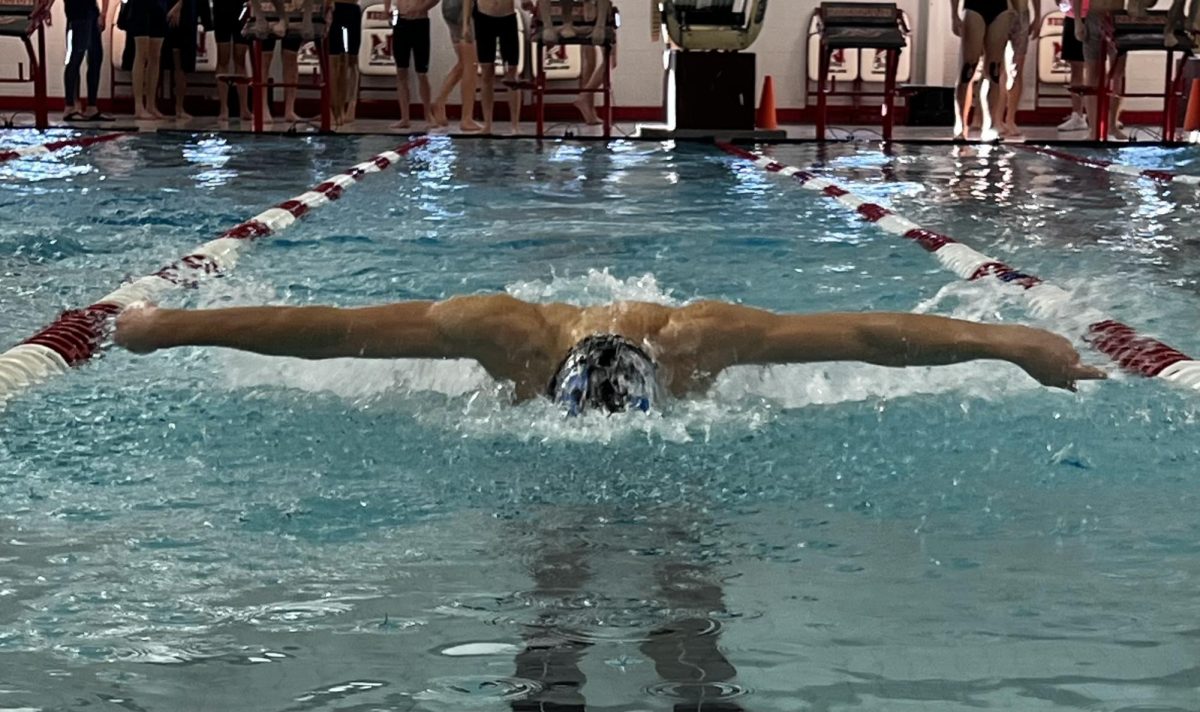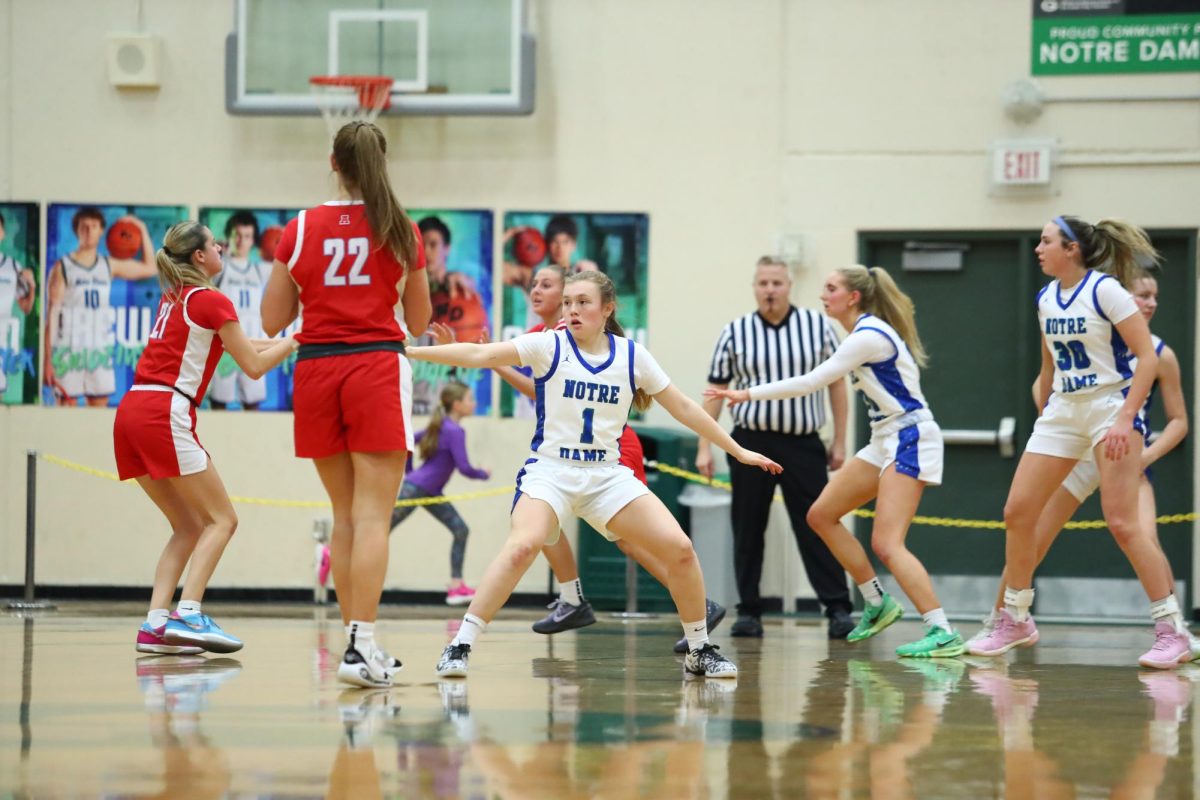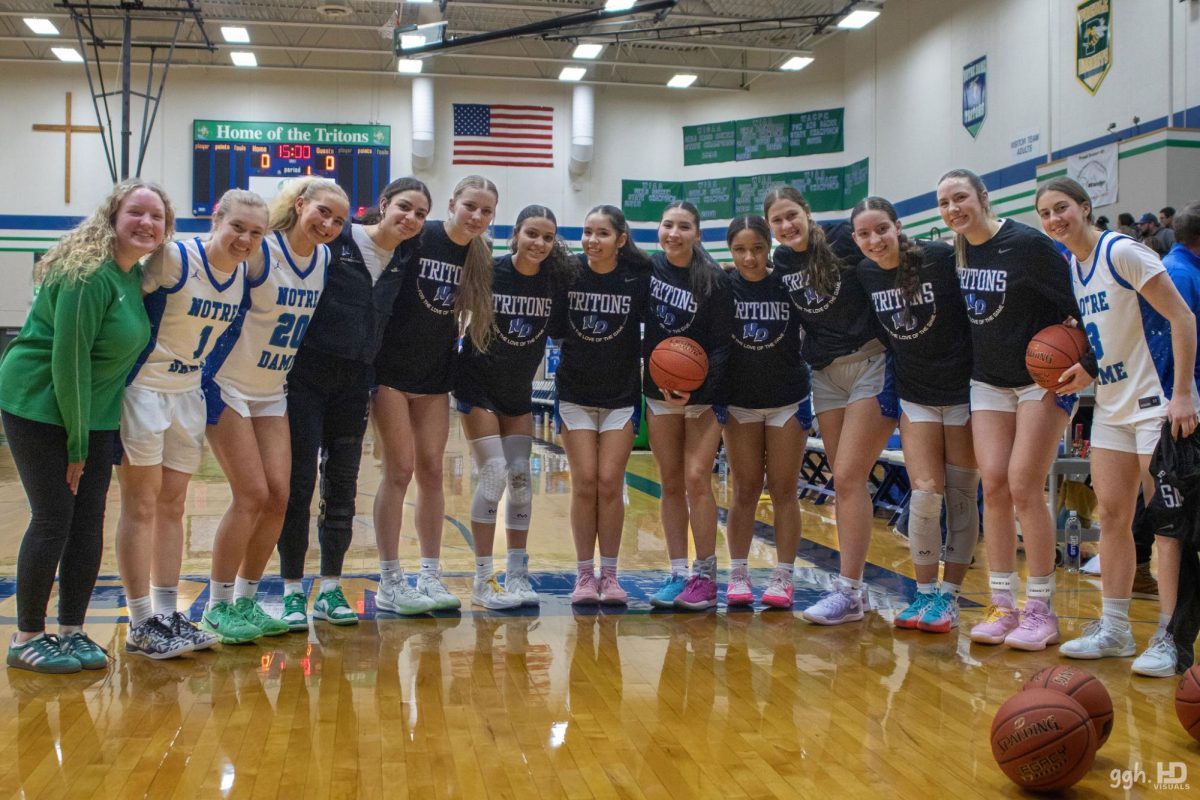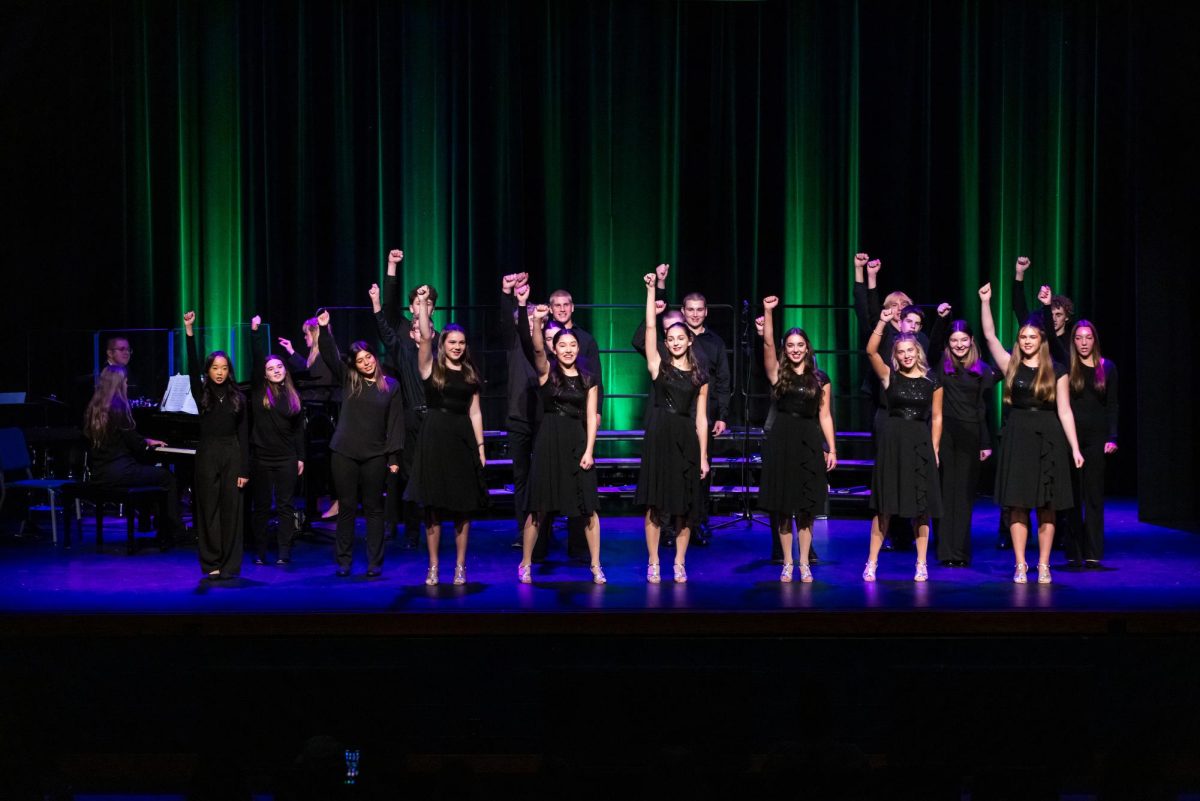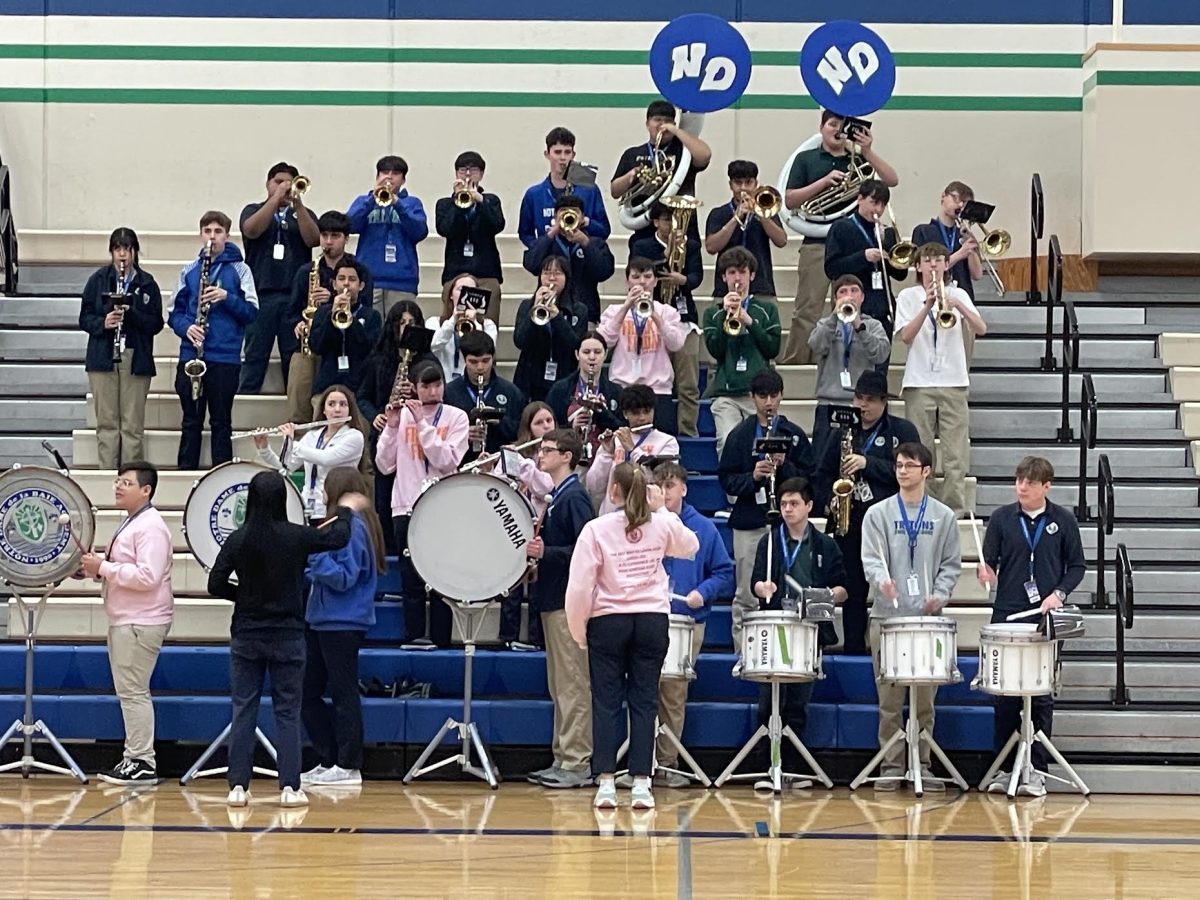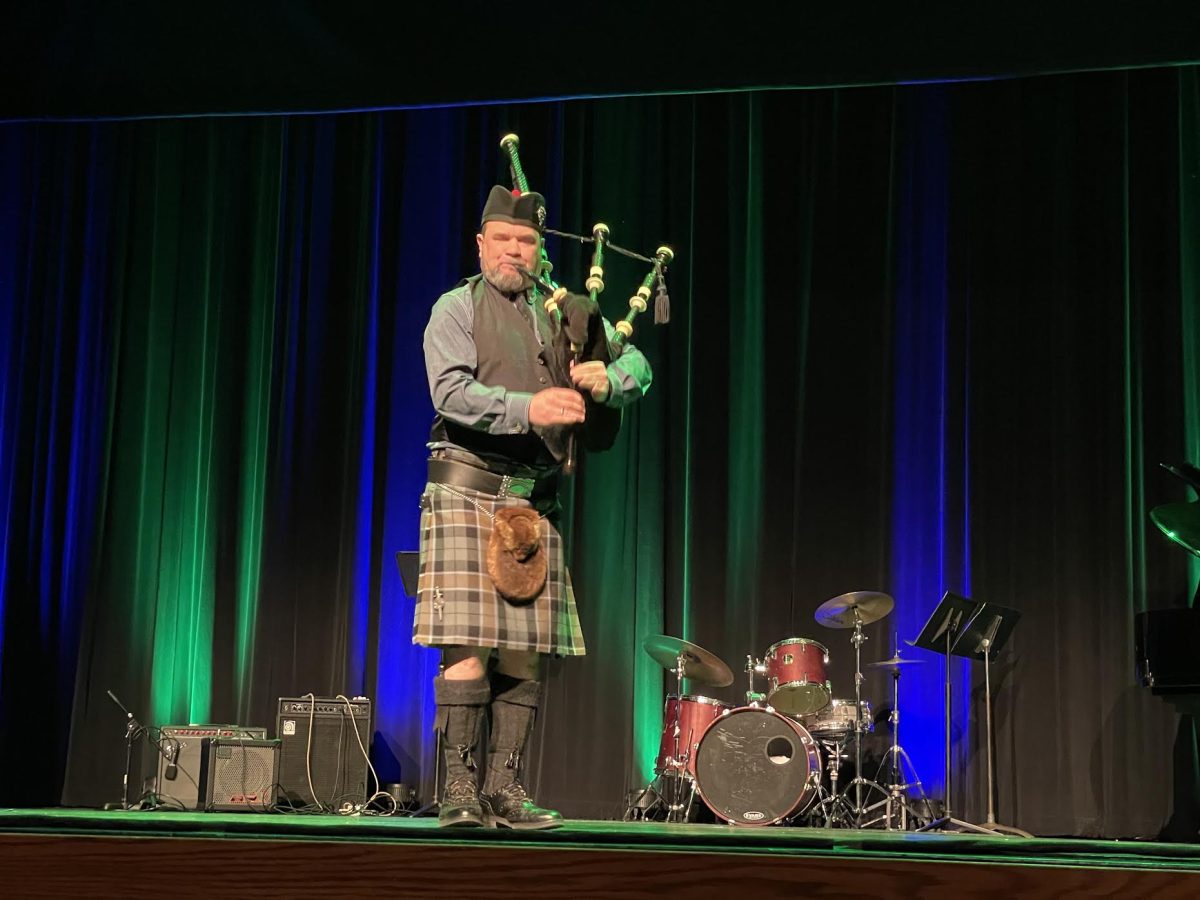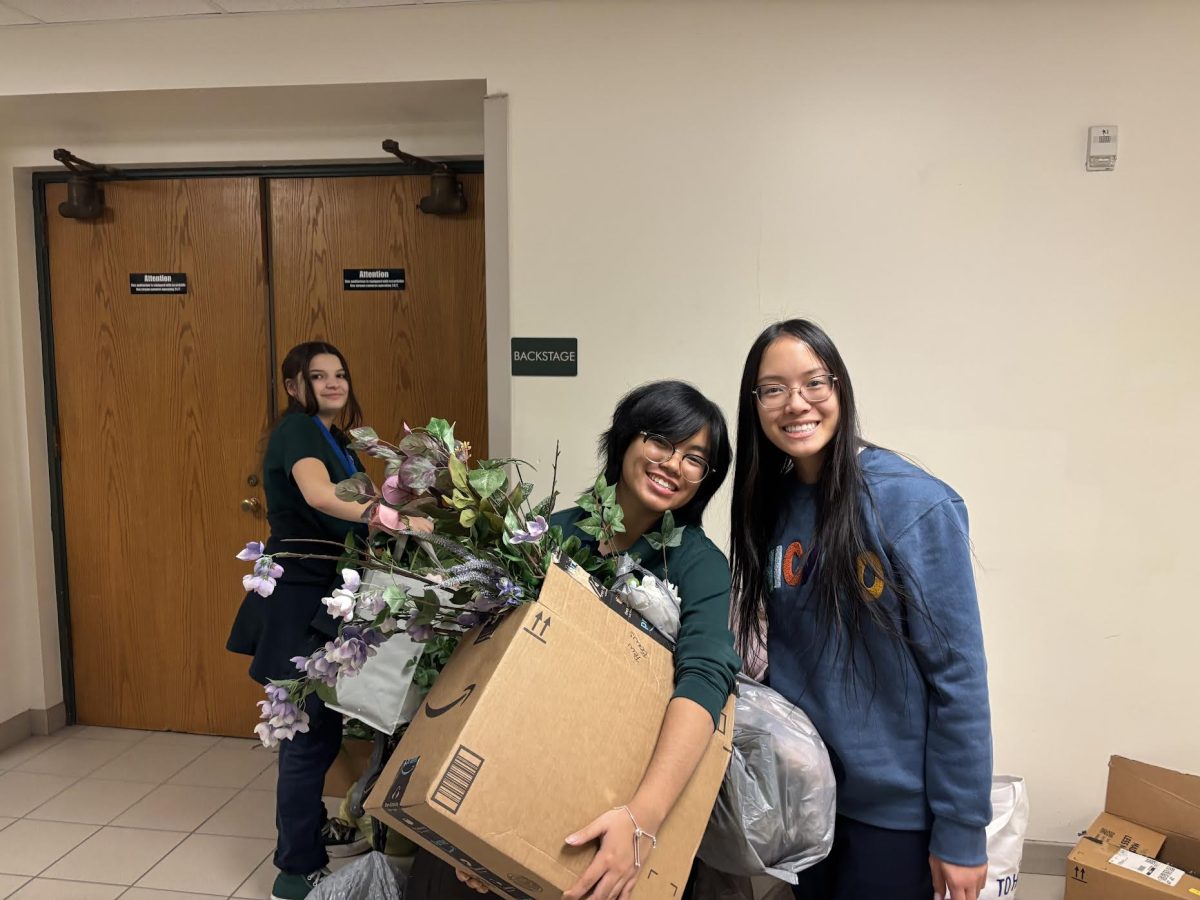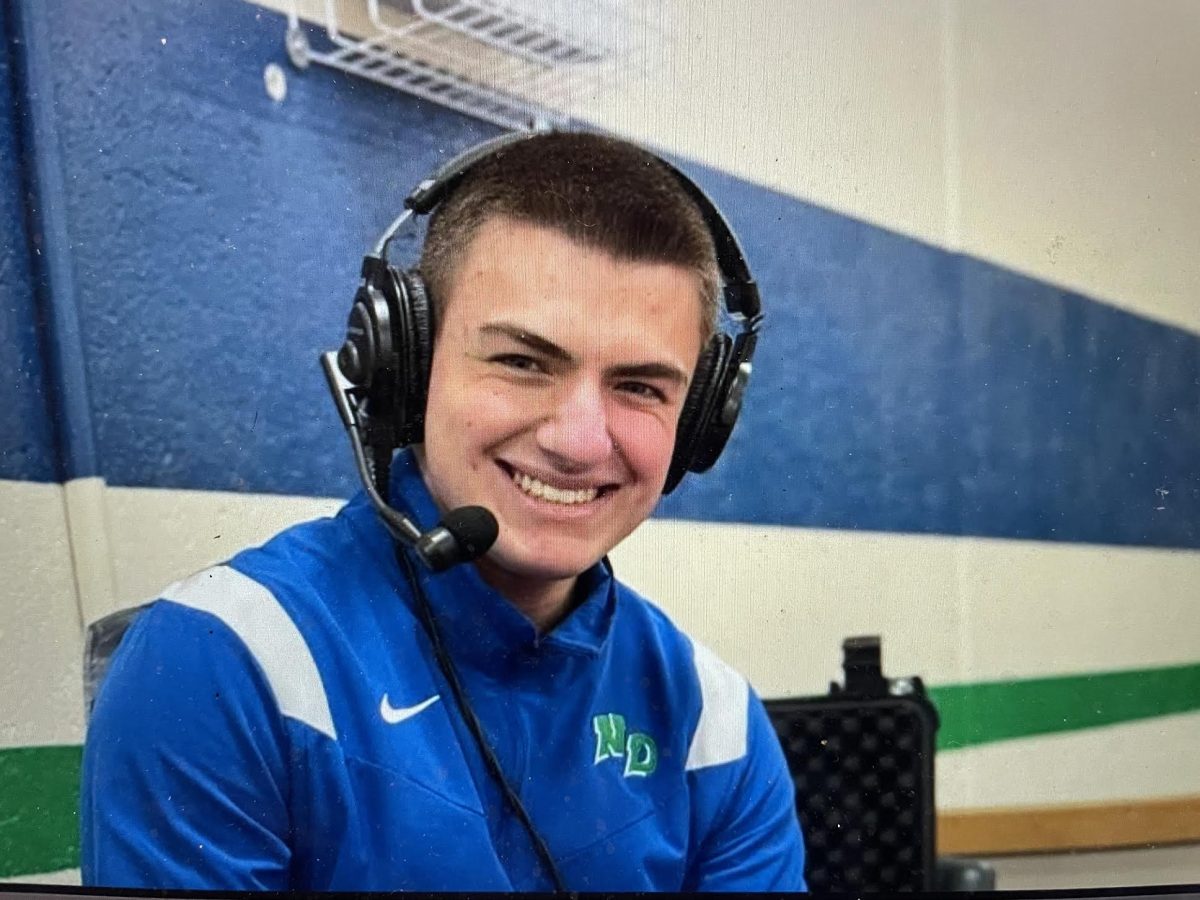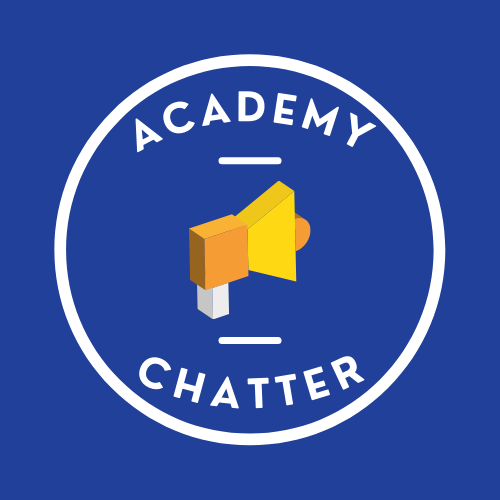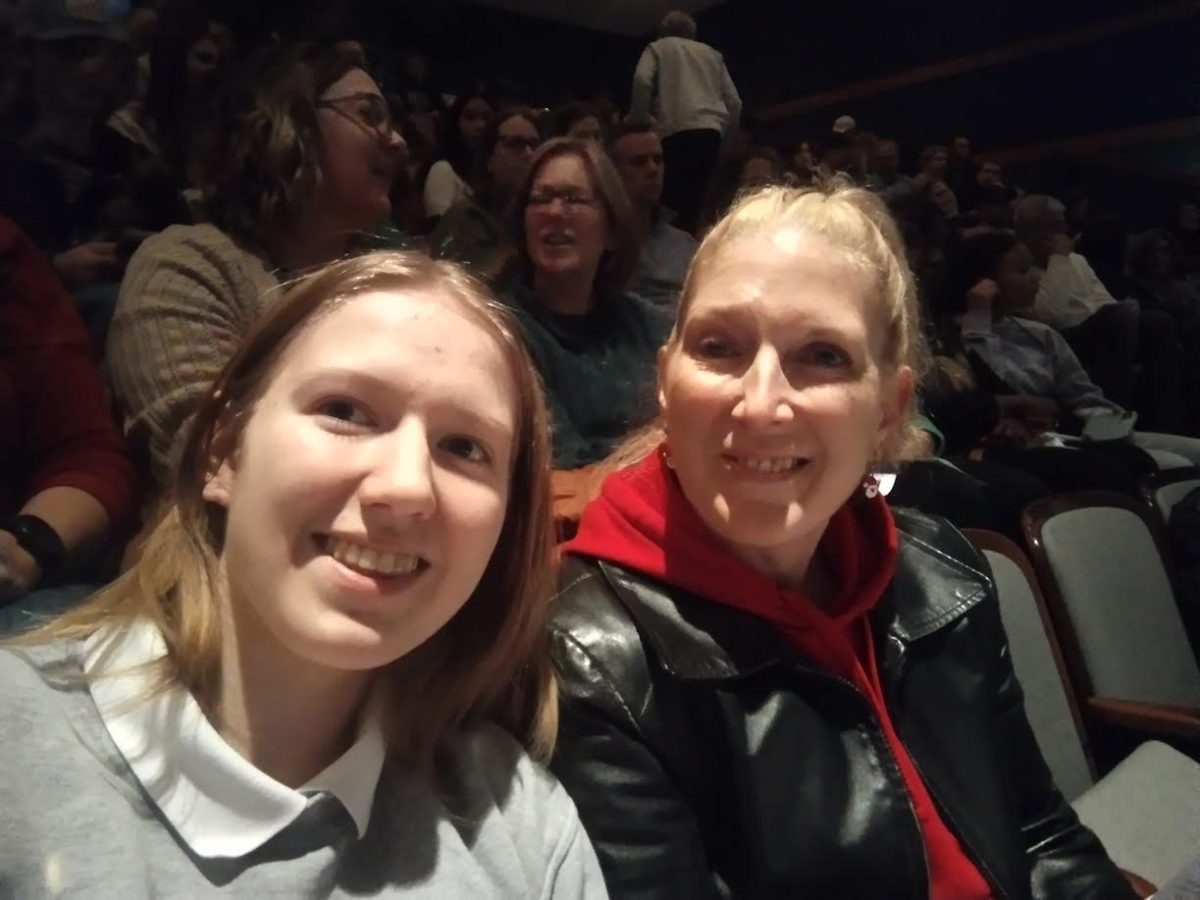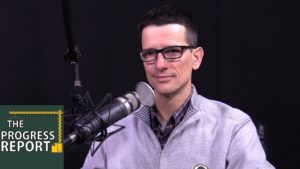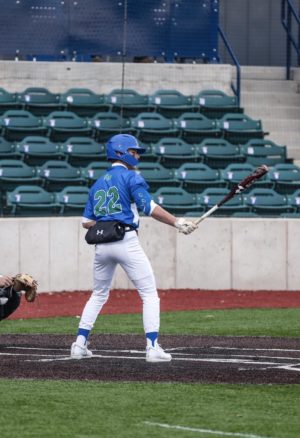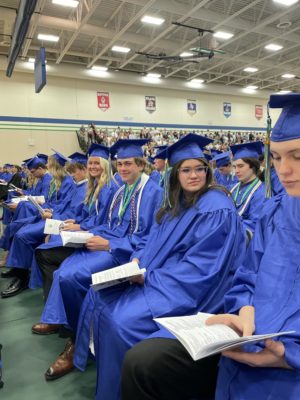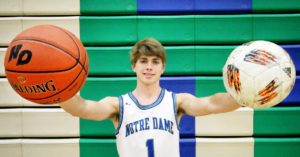Model UN Students Tackle Global Issues at Marian Conference
February 12, 2017
Fourteen NDA students attended a Model United Nations Conference held at Marian University on Tuesday.
The participating students were members of NDA’s Model United Nations (MUN) club. MUN is an “academic simulation of the United Nations that aims to educate participants about civics, effective communication, globalization and multilateral diplomacy,” according to the organization’s mission statement.
Students attend conferences as delegates of a certain country and must try to resolve global issues while following the procedure of the actual United Nations. This includes debating, caucusing and drafting resolutions, all while representing the perspective of the student’s assigned country.
“One of the major benefits of the club is that you have to put yourself in the position of another country,” said junior Lily Schumacher, MUN Treasurer. “No matter what your personal views are, you have to act according to your country’s beliefs. It has allowed me to broaden my worldview, especially regarding issues outside of the U.S. and the West in general.
“It’s so important to be able to understand different political situations from an inclusive perspective, and MUN gives you the platform to do that,” stated Schumacher.
“Our nation, in its current state, is attempting to isolate itself from the global community. However, it is diversity and multiculturalism that construct the most intimate and successful forms of cooperation. MUN is a method for students to escape this society telling us not to form global relationships; it’s a method for students to learn how to work productively within a myriad of viewpoints to create solutions attempting to formulate international peace,” said senior Diego Mendoza Diaz, MUN president here at NDA.
The conference was organized and hosted by members of Marian University’s MUN program. MUN exists at both the high school and collegiate levels, though this particular conference was designed as an introductory experience for high school students.
Because of its introductory nature, the conference was simplified into two councils: the Traditional Security Council, which possessed all the members of the UN Security Council today, and the Reformed Security Council, which included larger and more varied international representation.
The topics that both councils discussed were “The Situation in Ukraine,” more specifically the annexation of the Crimean peninsula, and “The Situation in the Democratic Republic of the Congo,” regarding the UN’s failed peacekeeping attempts.
“Throughout the day, we worked in forming a resolution for each of the issues with the other countries in this council,” explained Schumacher. “Of course, not everyone is going to agree on the same things, so everyone has to work together to find a solution that works for everyone, or at least the majority.”
“This can be especially tricky, as the five permanent members (5P) of the Security Council (China, France, Russia, the United Kingdom and the United States) have veto power over a resolution,” she added. “It’s sometimes hard to find a middleground between the 5P, especially between France and Russia on our Security Council.”
Both councils reached at least one resolution, despite tight time constraints.
The conference concluded with a closing ceremony, wherein the directors of each of the committees awarded some exceptional participants either the Honored, Distinguished, or Outstanding Delegate Awards. Several NDA students received these accolades.
Junior Beatrice Zemelyte received the Honored Delegate Award for the Reformed Security Council. Junior Eric Weycker and senior Diego Mendoza Diaz were both awarded the Distinguished Delegate Award for the Reformed Security Council. Junior Clare Ravizza received the Outstanding Delegate Award for the Traditional Security Council.
Several MUN Club members will also attend a larger conference at UW-Milwaukee later this year.



